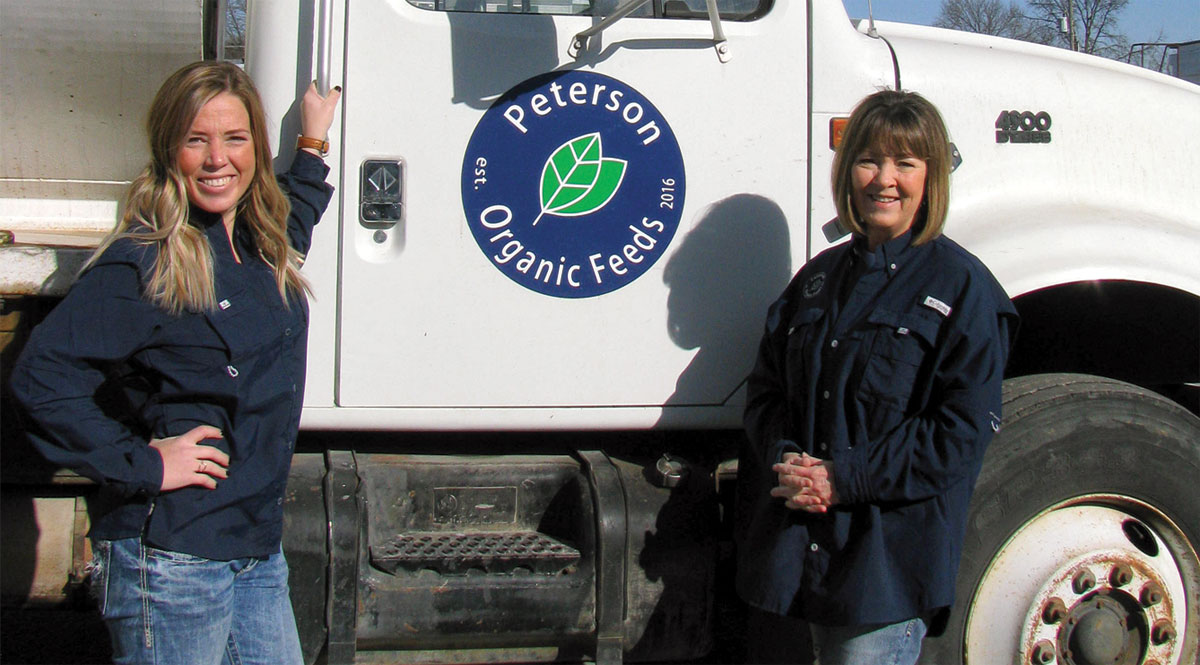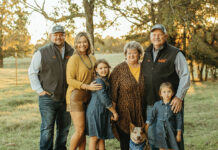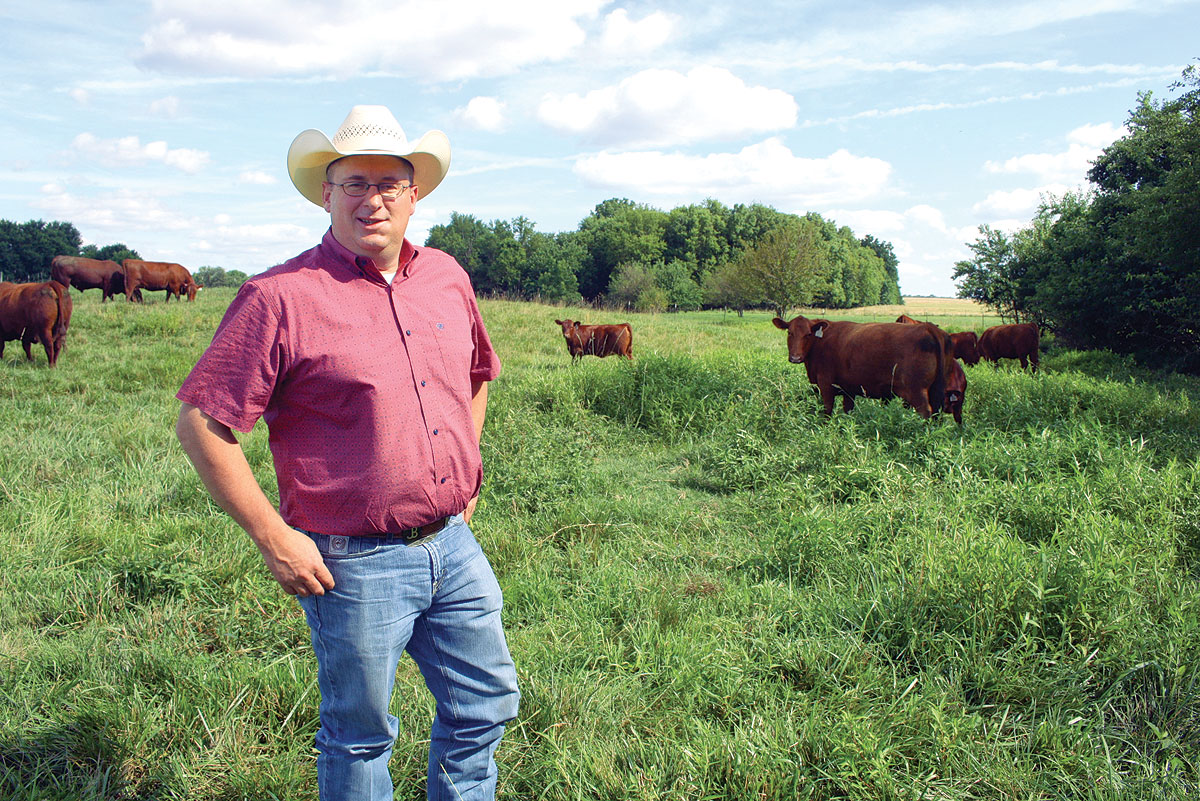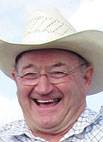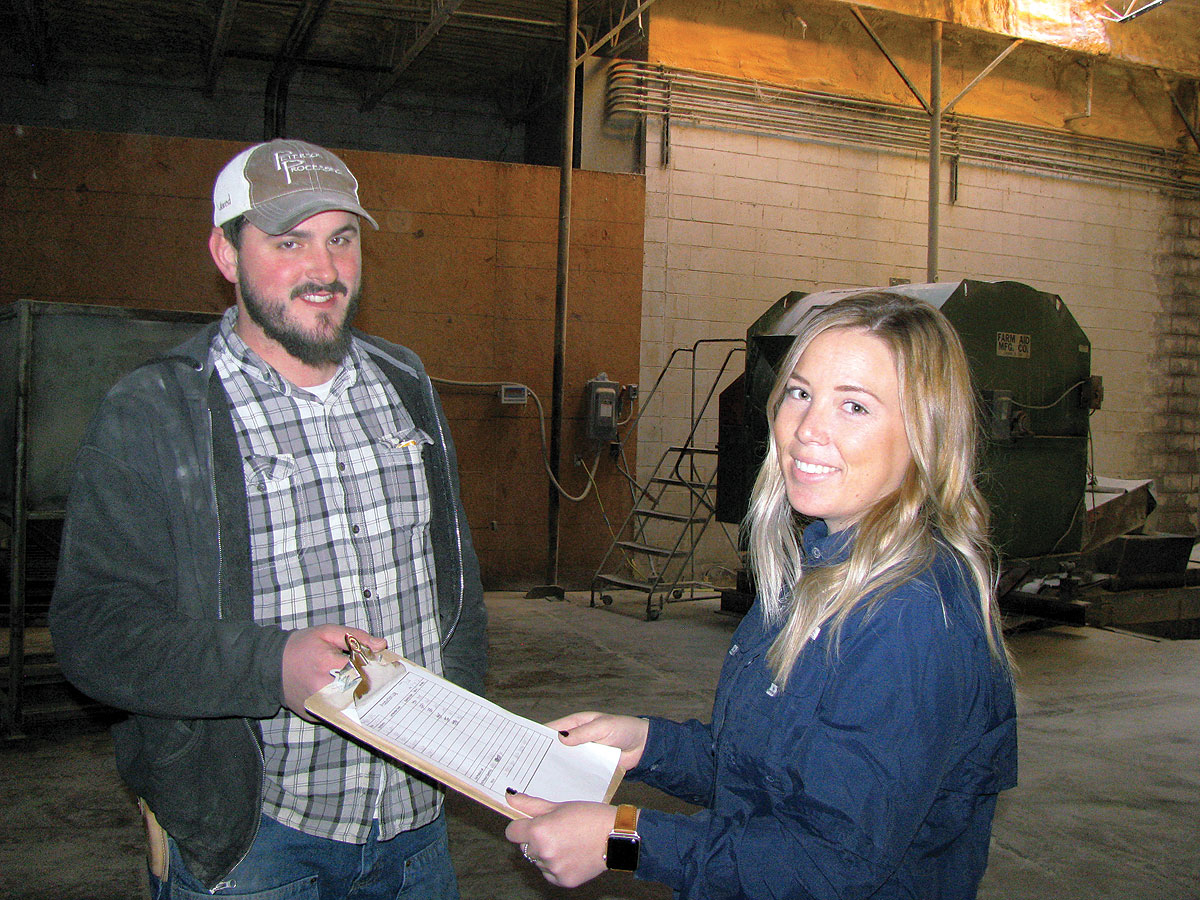
The Peterson family is focused on providing organic feed rations to customers
In business for five years, Peterson Processing Inc., is the parent company of Peterson Organic Feeds which is a little over a year old. Located in Mountain Grove, Mo., this Wright County feed mill is family-owned and operated. The owners are Paul and Laura Peterson.
“Paul oversees the business; checks on things. Sometimes he goes on feed deliveries so he can visit with customers personally and make sure we’re meeting their needs and to develop relationships, and also with the agricultural producers where we buy our commodities.” Laura said. “Our daughter, Abby (Peterson), runs the production; takes orders, buying of commodities, and inventory, and making sure we have everything on hand. Our son, Cooper Peterson, is sales representative. I do the accounting; all the fun stuff, paperwork.”
The emphasis of Peterson Organic Feed is just that, organic Feed.
“I would say 85 percent of our business is organic and just a small portion is non-GMO,” Laura said.
“To prevent co-mingling, if we do somebody’s non-GMO ration, when I go and do an organic order through the same process they’ll do a flush of organic ingredients and they’ll have to put it on a log that says ‘flush 200 pounds of organic corn.’ That corn that they flushed is no longer organic, but can be used on the non-GMO side,” Abby said. “You have to keep a running log of when you flush and how much.”
Peterson Organic Feeds is 100 percent organic certified by Ecocert ICO, LLC.
“Everybody that certifies organic is a third-party certifier,” Laura explained. “So the USDA doesn’t come in. The USDA goes into these companies and then they come in and certify us. So they (the USDA) make sure they’ve got all their ducks in a row, and then that company (Ecocert) makes sure we have all our ducks in a row.”
The company also likes to keep business as close to home as possible.
“Our claim to fame is we purchase about 65 to 70 percent of our agricultural commodities from the state of Missouri,” Laura said. “We try to support Missouri economically.”
She added that they usually have to go out of state for alfalfa pellets.
The start of the organic feed mill, Laura said, as something Paul and son, Cooper, talked about.
“It was mostly Paul. He was a cardiology physician assistant for 22 years,” Laura said. “We lived in Texas, but he grew up in Mountain Grove, Mo., and always wanted to get back here. He’s always had a ranch and always had cattle, and wanted to do something with agriculture. When he saw this trend, we decided to jump on the bandwagon and do it.
“We started with just organic dairy cattle (feed) and within a couple of months we decided to completely branch out and cover a lot of different livestock. We can make a ration for any organic livestock, not just dairy cattle. We never had a dairy farm; we just did rations for other people’s organic dairy cattle. Dairy cows don’t always produce milk, so we went with dry cow rations too and tried to branch out that way. Now we do beef cattle, poultry, swine, sheep and goat, even equine.”
As the interest in organic feed is growing, so is the Peterson’s customer base.
“We started with just a few and as we have increased our livestock rations and branched out, our customer base has increased,” Laura said.
A lot of their customers have an idea of what they want and will give the Petersons an idea of what rations they want in the feed. Abby said that is especially true of dairy farmers.
“Sometimes they come in and want to change it,” Abby explained. “They want to add a little more of this or that. Everybody’s feeding hay because it’s that time of year. So they’ll bump their protein up in alfalfa pellets because that’s like hay; there’s energy in there as well and not just your protein, because they’re not getting that fresh grass that they would in the spring and summer.”
Abby said the cost is a little higher than conventional feed.
“A lot of hobby farmers will go non-GMO because it’s cheaper. A lot of people that are buying organic feed, are seeing that market in what they produce,” Abby said. “So they’re able to afford that feed, because they’re getting a higher market.”
Being USDA certified organic is all about a paper trail.
“You have to make sure that everything you bring in is already certified organic,” Abby said. “Which means you get a certificate from that farm stating that those crops are certified organic, so that they’ve been through the same process. On a farm, when you have agricultural land, it takes three years to become certified. Which means they can’t spray. They can’t use any herbicides or anything on their crops while growing, or for three years prior, before they can get that ‘certified organic’ label put on their crops. So we bring it in. We bring in the certification. We keep everything on record.
“Organics is huge all over the world. The U.S. is probably the last place it’s hit. But it is catching on.”

